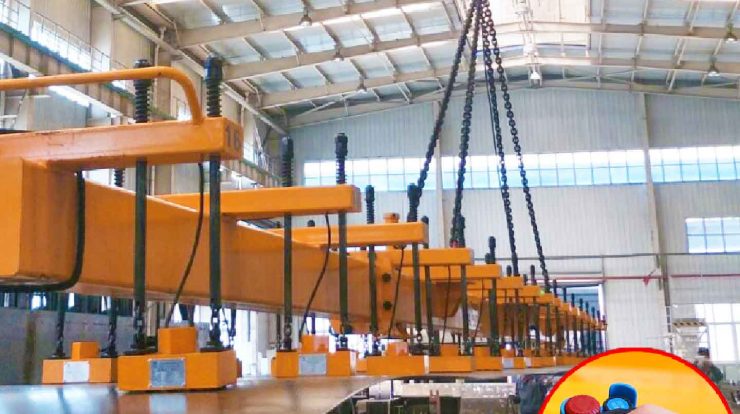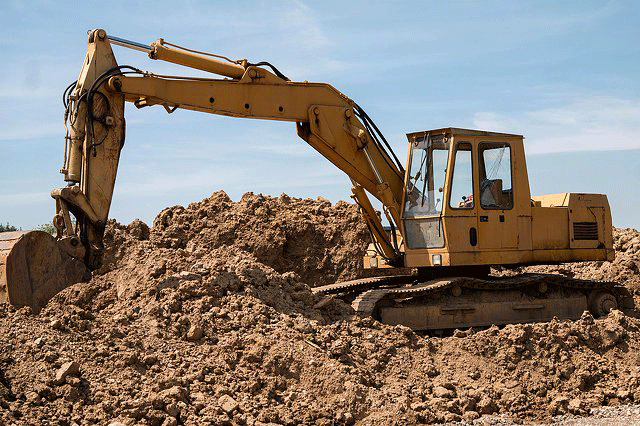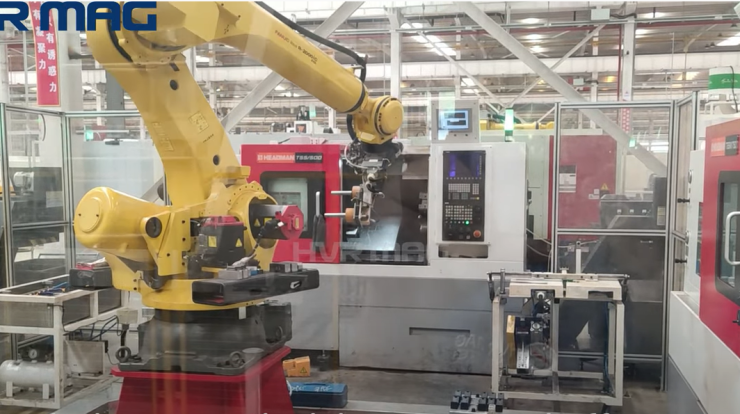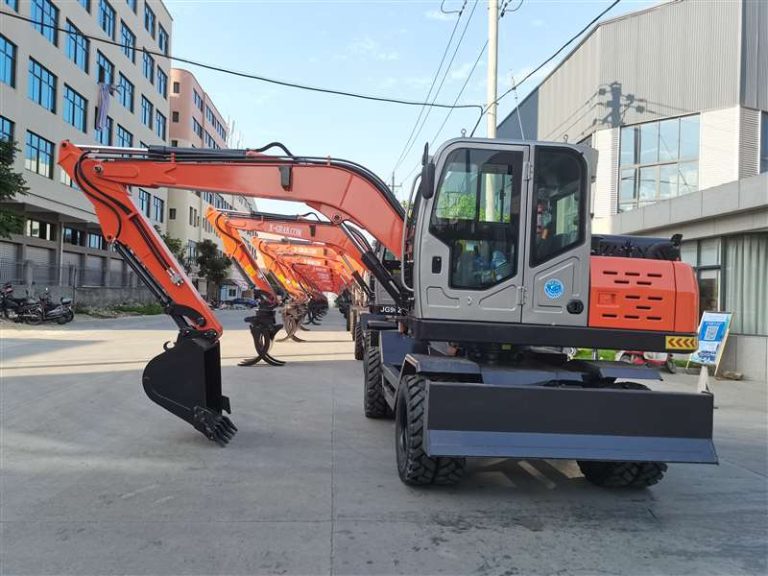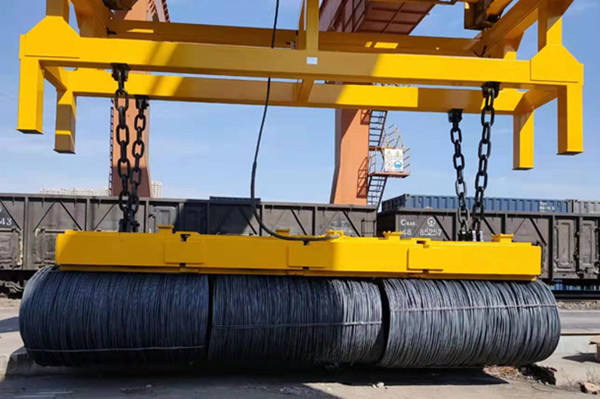Hydraulic hammer do’s and don’ts
Keywords:chicago jack hammer, excavator hammer, skid steer jack hammer
Hydraulic hammers are complex pieces of machinery, unlike the residential equipment you may have at home. These versatile pieces of equipment can be extremely dangerous if not operated and maintained properly. Mainly, hydraulic hammers are attached to some kind of excavator. Similar to other excavator attachments, a hydraulic hammer has many hydraulic hoses and connections that make it much more complex than the machinery an average person uses. Hydraulic hammers are used when other tools cannot get the job done. With their strong grapples and claws, they can crush objects into smaller, more manageable sizes.
Make Sure to Follow All Safety Precautions
Safety is the number one priority when operating all machinery, but is especially important when operating hydraulic hammers or breakers, as they have the strength to destroy or crush just about anything and can cause serious harm to individuals and property that is left in their path. An experienced operator and spotter must work as a team to safely operate the machine. There are many dangers associated with hydraulic hammers, but the biggest has to be blank firing, which is when there is no material or object to be crushed by the hammer. This causes the main piston to fire and sends a shock wave throughout the rest of the machine, potentially causing damage to the machine and injury to people on the ground. This is just one of the things that can go wrong when using a hydraulic hammer, we’ve outlined some more below.
Operational Rules
- Use protective eyewear and work helmets as flying debris is a huge risk.
- Make sure a protective screen or cage is available for the operator.
- Only operate a hydraulic hammer from the operator’s seat.
- BE AWARE OF PINCH POINTS.
- Make sure to use the right size hammer/attachment for the machine you are running.
- Have all safety single and reflective decals clean and readable.
- Always keep the hammer perpendicular to the object you are working on.
- Never left the excavator off the ground while using the hammer.
- If operating in a trench, never let the hammer hit the trench walls.
- Use the hammer for its intended use only to avoid damage.
When you should stop immediately
- Hydraulic hoses being to shake = the energy chamber is most likely broken
- When the hammer tip stops moving = the machine has seized or stalled
- Oil begins to leak = bearings or gaskets may be worn down/need to be replaced.
- Personnel is in the machine’s danger zone = immediately stop and do a risk assessment.
Contact the experts
Gorilla Hammers are experts in the hydraulic breaker and hammer industries. For more information about our wide range of products and parts or for any questions about hammers or breakers, contact us at 888-814-6745 or sales@gorillahammers.com.

